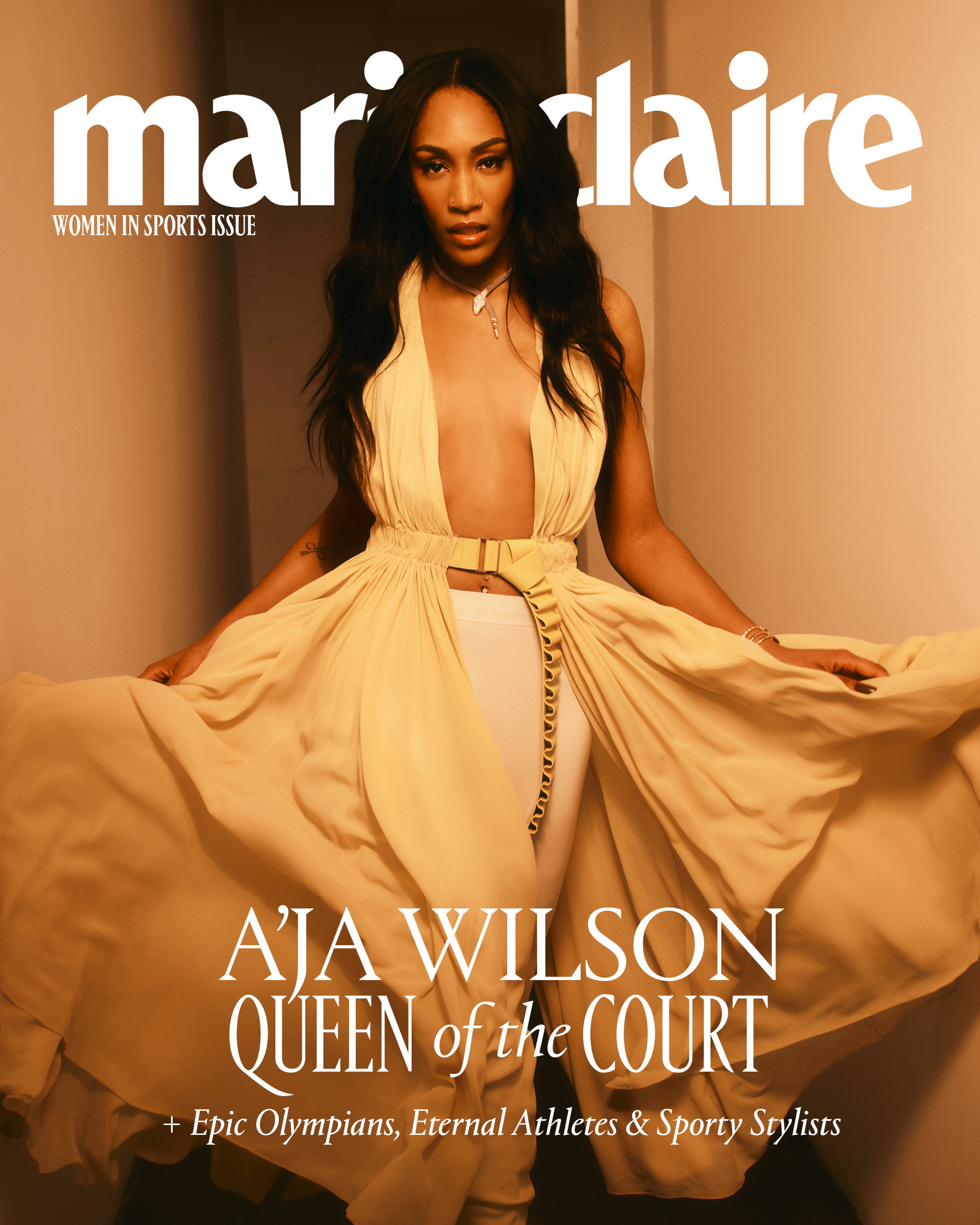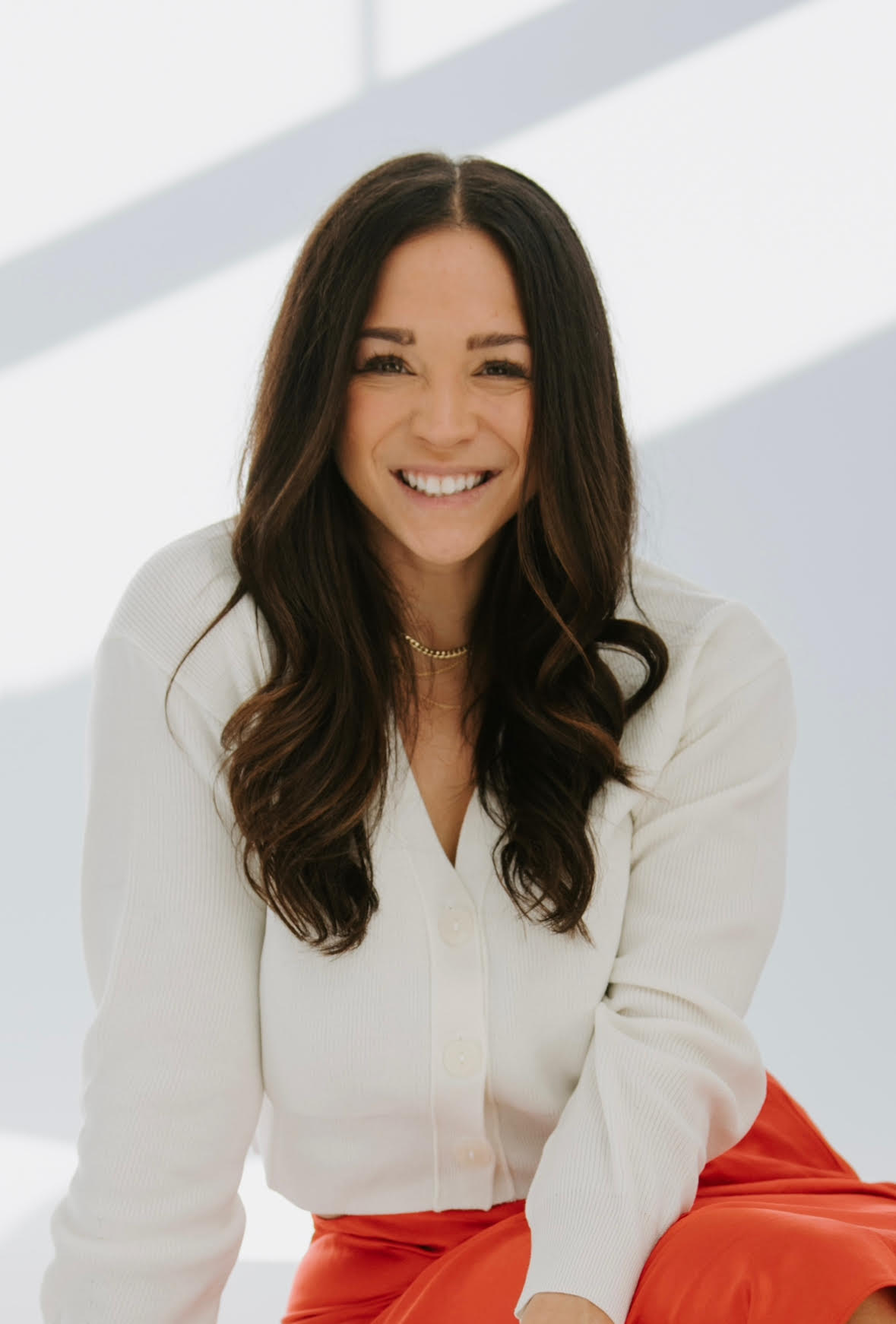The Rise of the Middle-Age Athlete
Meet the competitors pushing their bodies beyond what is considered their "prime"—and winning.

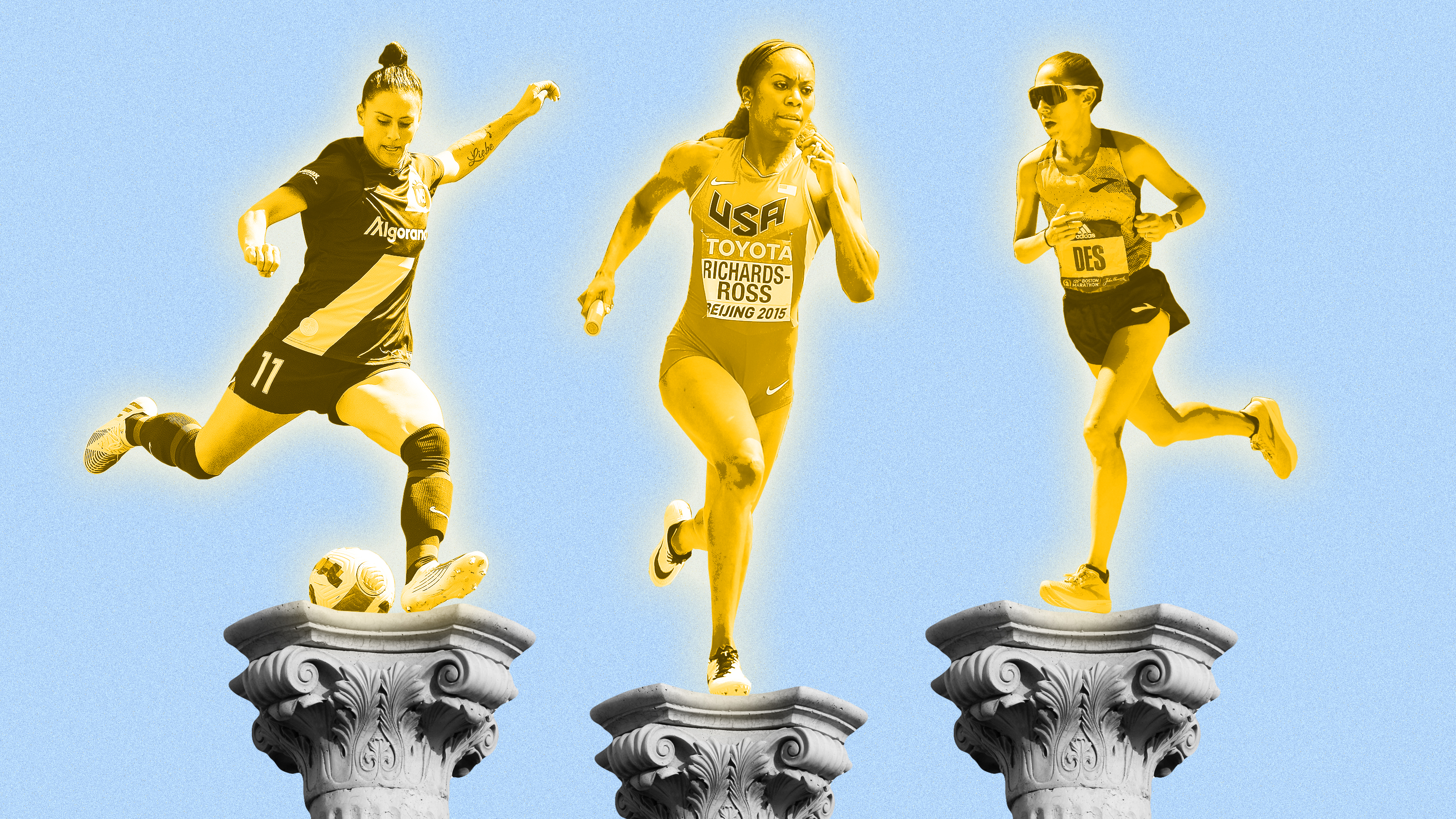
On a Saturday in late June, 39-year-old Keira D’Amato stepped onto the rust-colored track at Oregon’s Hayward Field. The former American record holder in the marathon traded in her super shoes for Nike Dragonfly 2 spikes, toeing the start of the 10K alongside 22 other Olympic hopefuls—all but one younger than the mother-of-two. D’Amato ran 25 laps at just over a five-minute pace.
Fast? Undoubtedly. So speedy, in fact, that with under a mile to go in the race, she was in the lead pack, instilling hope with each stride in both her fans and individuals watching the telecast that 2024 would be the year D’Amato added Olympian to her resumé.
D'Amato didn't make the team. She did, however, laugh at comments insinuating she’s old enough to be 21-year-old competitor Parker Valby’s mom, the recent University of Florida graduate who took second place.
“It’s not the norm for women my age to be competing at this level. I think because it’s not the norm, more people haven’t tried,” D’Amato tells me. “Experiencing life has taught me lessons that I apply to sport in a way I couldn’t have in my early twenties. I’m sharper, more confident, competitive, capable, and disciplined [than I’ve ever been]. Yeah, it takes a little bit more time to recover, but I'm running the fastest times that I've ever run in my life.”
D’Amato is part of a growing number of athletes who are aging up. Come August, three-time Olympic medalist and two-time 100-meter champion Shelly-Ann Fraser-Pryce, 37, will run alongside women who are 13 years (or more) her junior, including 24-year-old Sha’Carri Richardson. Basketballer Diana Taurasi is currently the oldest player in the WNBA at 42, already has five Olympic gold medals, and is looking to add one more as a part of Team USA this summer. At 67, Julie Holt is a five-time CrossFit Games masters athlete with two wins under her belt, with a deadlift around 265 pounds and a back squat sitting at 250.
In the U.S. Swim Olympic Trials earlier this summer, 46-year-old, two-time Olympian Gabrielle Rose swam a personal lifetime best of 1:08:32 in the 100-meter breaststroke and was the oldest out of over 1,000 athletes competing in the event, surpassing swimmers who were half her age. Afterward, she told reporters, “I’m just hoping to show people you can do more. I want women in particular to know they can have a lot more in the older chapters of their lives.”
At 40, Des Linden—2018 Boston Marathon Champion—isn’t hanging up her kicks anytime soon, either. Linden’s competed in the race for the past four years, and has no plans on stopping. “The mindset that 40 is a masters athlete and signifies retirement, we’re seeing a shift,” Linden says.
Get exclusive access to fashion and beauty trends, hot-off-the-press celebrity news, and more.
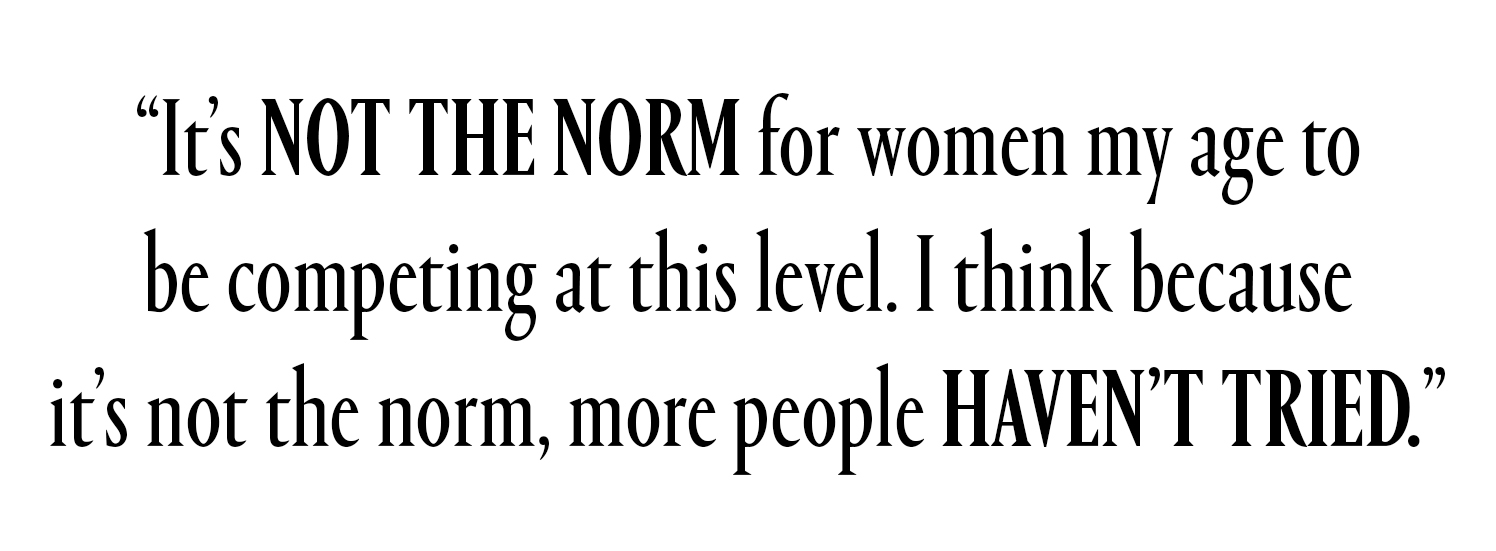
That athletes are challenging what’s considered “old” can, in part, be attributed to what’s happening culturally. Women are redefining the narratives around aging as a whole, including delaying both marriage and motherhood, according to the CDC.
But also, women are choosing to compete for longer because they can. We’re seeing more and more examples of athletes winning, long past what is considered their “prime,” like D’Amato, Taurasi, and Fraser-Pryce.
In looking at the numbers, there’s been a steady increase in peak performance ages of female Olympic medalists—but not in male—as seen in 114 years of data spanning from the first Olympics in 1898 through 2014. Barriers that once forced women out of sports in a way that men don’t have to deal with, like childbirth, are no longer an end-all to athletic prowess, as seen with greats including Serena Williams and Allyson Felix.
It also helps that women are better supported. While historically, some saw athletes as disposable bodies once they hit 30 (or even younger), more coaches and programs are now aligned with athletes focusing on their physical, emotional, and mental health. That evolution coming on the heels of female athletes using their own platforms to speak out about the need to prioritize their well-being.
Dawn Scott, vice president of performance and innovation for the Washington Spirit women’s soccer team, has been working with high-level female professional soccer athletes for the past 20 years, including big names like Ali Krieger and Megan Rapinoe. “Krieger was in some of the best shape of her life in 2019,” Scott says. “And then up until she retired, she was playing every single game for Gotham. There’s a lot of reasoning for that, but it mostly comes down to the individual and how they look after their own body.”
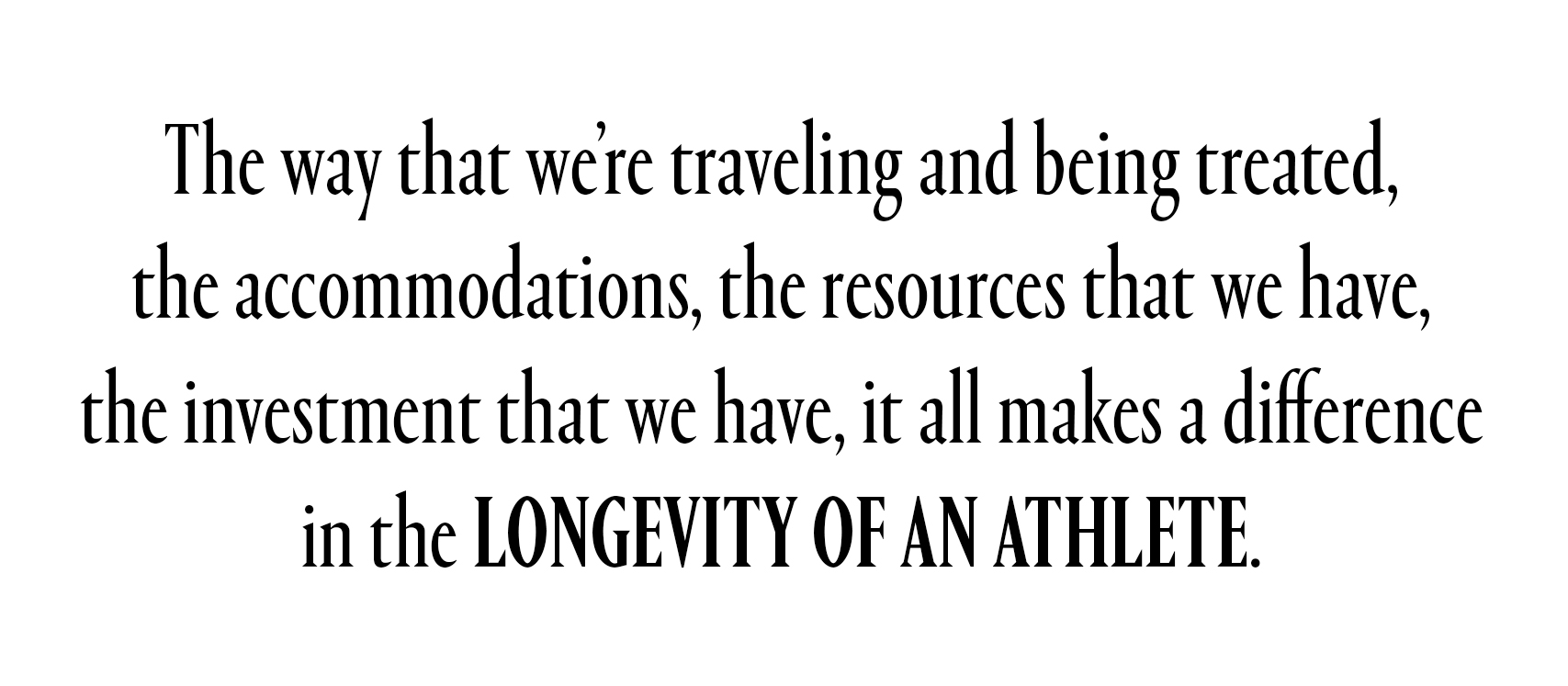
Much of this is possible because of the money that’s being funneled into women’s sports, too. “The way that we're traveling and being treated, the accommodations, the resources that we have, the investment that we have, it all makes a difference in the longevity of an athlete,” says Krieger, 39. “We're able to now really put ourselves first and prioritize our health, both mentally and physically.”
That investment flows in from a number of companies, including big names like Ally Financial, Budweiser, Glossier, Gatorade, and Morgan Stanley. The financial backing being used on everything from bringing in emerging technology and experts to the intangible things that equally impact an athlete’s performance, like better salaries and stadiums.
Of course, staying in the game is bigger than dollars and physical ability. For so many pros, sports have been a part of their lives from a young age, and being an athlete is ingrained in their identity. While researchers have found that developing a strong athletic identity can be beneficial in driving motivation and performance, the associated cost is that its loss is felt deeply when an athlete exits their profession.
“When you think about it, you dedicate your whole life to being the best athlete that you can be, and then for most—if they’re lucky—they only get to do it until they’re 30,” says three-time Olympian Sanya Richards-Ross, who retired competitively from sport after the 2016 Olympics. Richards-Ross, who’s been a Nike athlete for the past 20 years, credits the support of her community as well as a regular prayer practice with helping her adjust out of sport.
In the weeks leading up to her final race, Richards-Ross repeated the following: “Thank you for this gift of track and field, and for all the ways that it’s blessed my life. But I know every blessing is not meant to last a lifetime. And so, I ask you to leave me with all of the good things, all of the lessons, all of my experiences, so I can use it for the next thing.”
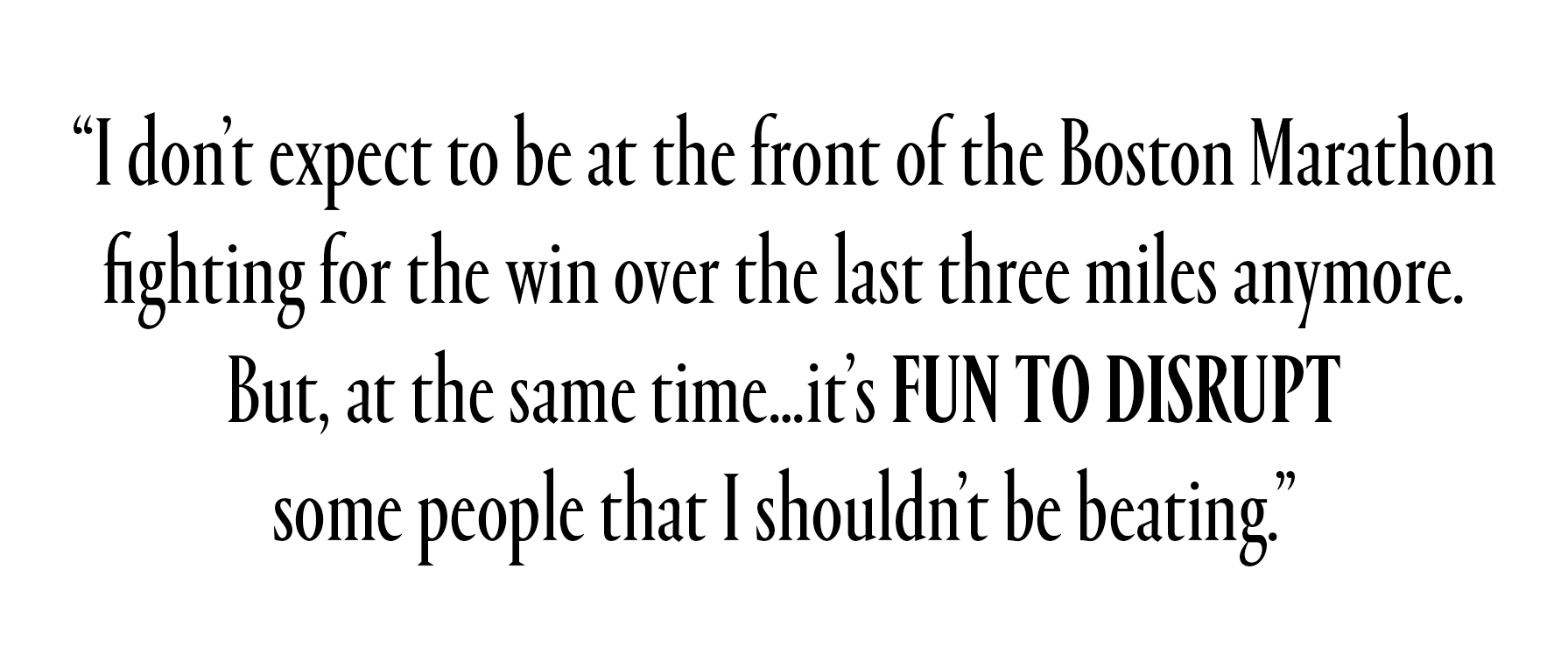
The next thing can be super intimidating for many. “Ending an athletic career is a lot like putting your dog down,” Linden says. “Like you make the choice, you don't want to do it too early, but you don't want to do it when you're suffering and miserable. It’s this weird thing, and I always think of it that way.”
While everyone will have to hang up their uniform at some point, that women are ultimately deciding when is the real win. “My goals are very different now,” Linden says. “I don’t expect to be at the front of the Boston Marathon fighting for the win over the last three miles anymore. But, at the same time…it’s fun to disrupt some people that I shouldn’t be beating.”
D’Amato, who will be 40 in October, agrees. “[Older women] are capable of so much more, and there’s no reason to limit what we can do. I'm really proud to be one of those women pushing the limit to show us all what we're capable of.”
Emily Abbate is a Brooklyn-based, veteran journalist on a mission to empower women to live healthier, happier, and more-motivated lives. Now a 13-time marathoner and triathlete, the certified wellness coach and former fitness editor at SELF is the brains behind the podcast Hurdle, acclaimed by The New York Times as “addictive,” cusping 10 million downloads with listeners in more than 220 countries. You can find her most recent bylines in GQ, Women’s Health, and Marie Claire.
